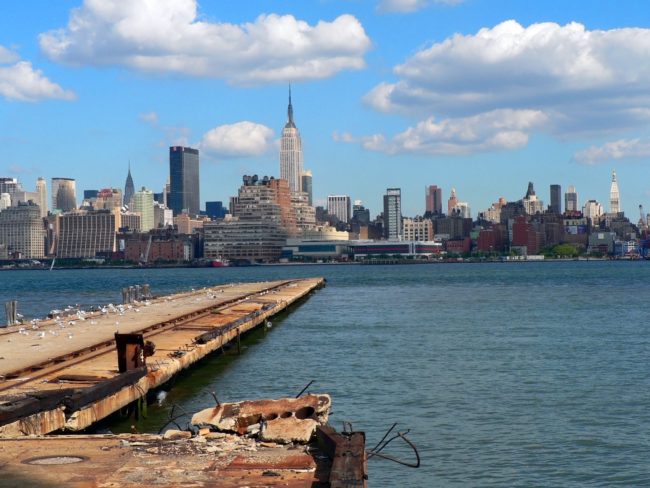Earlier this month, the New York City government (the City) filed a complaint in the U.S. District Court for the Southern District of New York against five of the world’s largest publically traded oil companies. The complaint alleges that the defendants significantly contributed to climate-change through the sale of oil and gas products over the years, resulting in property damage and subsequently forcing the City to incur other costs associated with weather-related prevention efforts, now and in the future.
Specifically, the City claims that the oil and gas companies are liable for trespass, in the form of the intrusion of increased heat, flooding and sea-level rise onto the City’s property, which not only has caused devastating damage, but forced the City to spend billions of dollars to protect its coastline from future destruction. The complaint states that “[t]o deal with what the future will inevitably bring, the City must build sea walls, levees, dunes, and other coastal armament, and elevate and harden a vast array of City-owned structures, properties, and parks along its coastline,” nd that “[t]he costs of these largely unfunded projects run to many billions of dollars and far exceed the City’s resources.”
Additionally, the City claims that the defendants started polluting as far back as the dawn of the Industrial Revolution and cite the effects of Hurricane Sandy as an example of the types of damages incurred by the City. Several other cities in California, including Oakland and San Francisco, have filed similar suits in the past.
To buttress its claims, the City asserts that the defendants denied scientific climate-change findings, despite knowing that the use of oil and gas posed “grave risk” to the planet and also that they knew about the consequences of global warming but sought to conceal and obfuscate those effects.
Similar to other suits filed in California, New York City’s claims are rooted in nuisance law. However, while other cities have unsuccessfully tried to push previous climate-change cases under federal laws (See American Electric Power Co. v. Connecticut, where in 2011, the U.S. Supreme Court rejected a suit which asserted federal public nuisance law to find companies liable for operating fossil-fuel burning electric plants), the lawsuit filed by New York City stems from state common law — an approach that has not yet been tested, but may gain traction under the state tort laws of New York.
The City has stated that it targeted the largest oil companies because they are the central actors who were first responsible and have profited the most. Proponents of the lawsuit also argue that even if the City’s claims ultimately do not prevail, the filing itself puts needed pressure on oil companies to do more to facilitate immediate action to reduce the effects of climate change.
Some of the defendants have remained silent regarding the City’s lawsuit, and other similar suits elsewhere, while others denied liability entirely. In some of the previous California cases, certain defendants strongly responded by bringing counter-claims against state officials for abuse of process, civil conspiracy, and violation of civil rights.
While it remains to be seen exactly where New York City’s lawsuit against the oil companies goes, complex large-scale environmental torts such as this typically receive judicial scrutiny, and it will be pivotal to see how the court treats the unique state law claims being asserted in this case.

